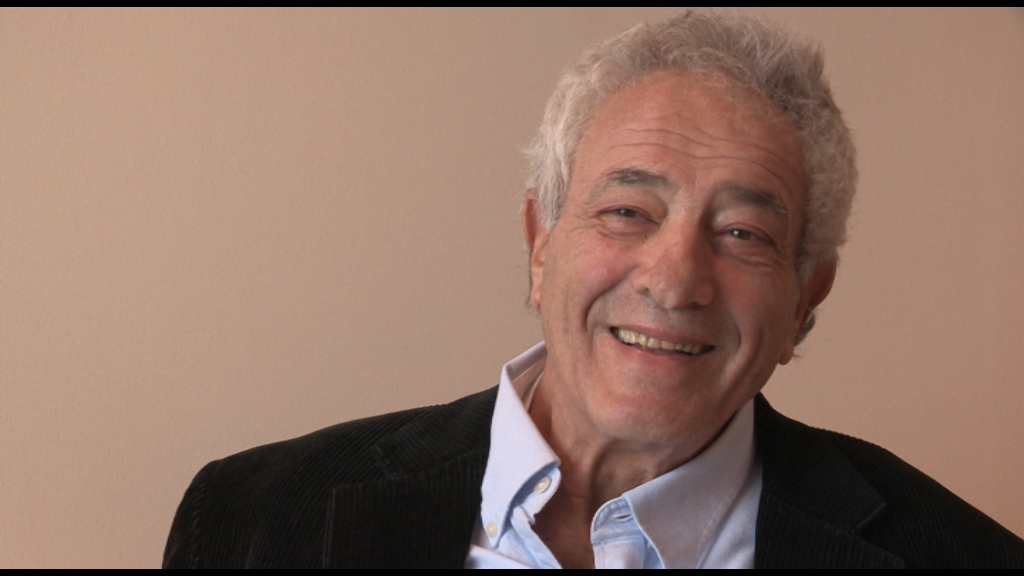NEXT STORY

Why we published The Satanic Verses
RELATED STORIES

NEXT STORY

Why we published The Satanic Verses
RELATED STORIES


|
Views | Duration | |
|---|---|---|---|
| 1. Settling in America | 136 | 04:18 | |
| 2. I just want to publish books | 86 | 03:20 | |
| 3. A happy and adventurous early life | 61 | 08:44 | |
| 4. A lucky guy in every respect | 51 | 02:31 | |
| 5. Schooldays | 53 | 02:12 | |
| 6. Books I read as a child | 70 | 03:18 | |
| 7. Rationale for the reissuing of old titles | 47 | 04:33 | |
| 8. The vulgarity of the Holocaust | 89 | 07:55 | |
| 9. Why we need to speak about genocide | 41 | 01:31 | |
| 10. Unintended consequences of censorship | 41 | 02:56 |

There have been other books, and there are German books as well, that tried to make fun of the Third Reich and the experience of the Holocaust. But their purpose, in almost every case, is more serious. The question for critics or readers or people, is whether the public, the general public can comprehend the seriousness behind the humour. It may be very patronising to think that large sectors of the public can't, but maybe it's the truth. There was movie called, Isn't Life Beautiful [Life Is Beautiful] or something like that, I think it was an Italian film, which also took up the subject and was a funny movie; well, the intent of the filmmaker was clearly not funny. But maybe you need some sophistication and a critical sensibility to encounter serious subjects when they are made fun of. I don't know the answer to this, but as I'm a real fighter or believer in the First Amendment that there shouldn't be any censorship, I am for the publication of anything, including Mein Kampf, which is forbidden, I think, in a lot of countries. I think if we don't believe in a democratic principle that all ideas have to be open and available, then you can't have the debate over ideas which I would like to think, the truth or fairness or justice will come out. So I don't like the notion and I do like the American notion that virtually everything can be published.
I don't like the idea that a special case can be made so that some things can't be published, can't be read, or become sort of cult objects because they are hidden and made illegal. They usually exist under some other rubric.
Peter Mayer (1936-2018) was an American independent publisher who was president of The Overlook Press/Peter Mayer Publishers, Inc, a New York-based publishing company he founded with his father in 1971. At the time of Overlook's founding, Mayer was head of Avon Books, a large New York-based paperback publisher. There, he successfully launched the trade paperback as a viable alternative to mass market and hardcover formats. From 1978 to 1996 he was CEO of Penguin Books, where he introduced a flexible style in editorial, marketing, and production. More recently, Mayer had financially revived both Ardis, a publisher of Russian literature in English, and Duckworth, an independent publishing house in the UK.
Title: Unintended consequences of censorship
Listeners: Christopher Sykes
Christopher Sykes is an independent documentary producer who has made a number of films about science and scientists for BBC TV, Channel Four, and PBS.
Tags: Holocaust, humour, censorship, freedom of expression
Duration: 2 minutes, 56 seconds
Date story recorded: September 2014-January 2015
Date story went live: 12 November 2015